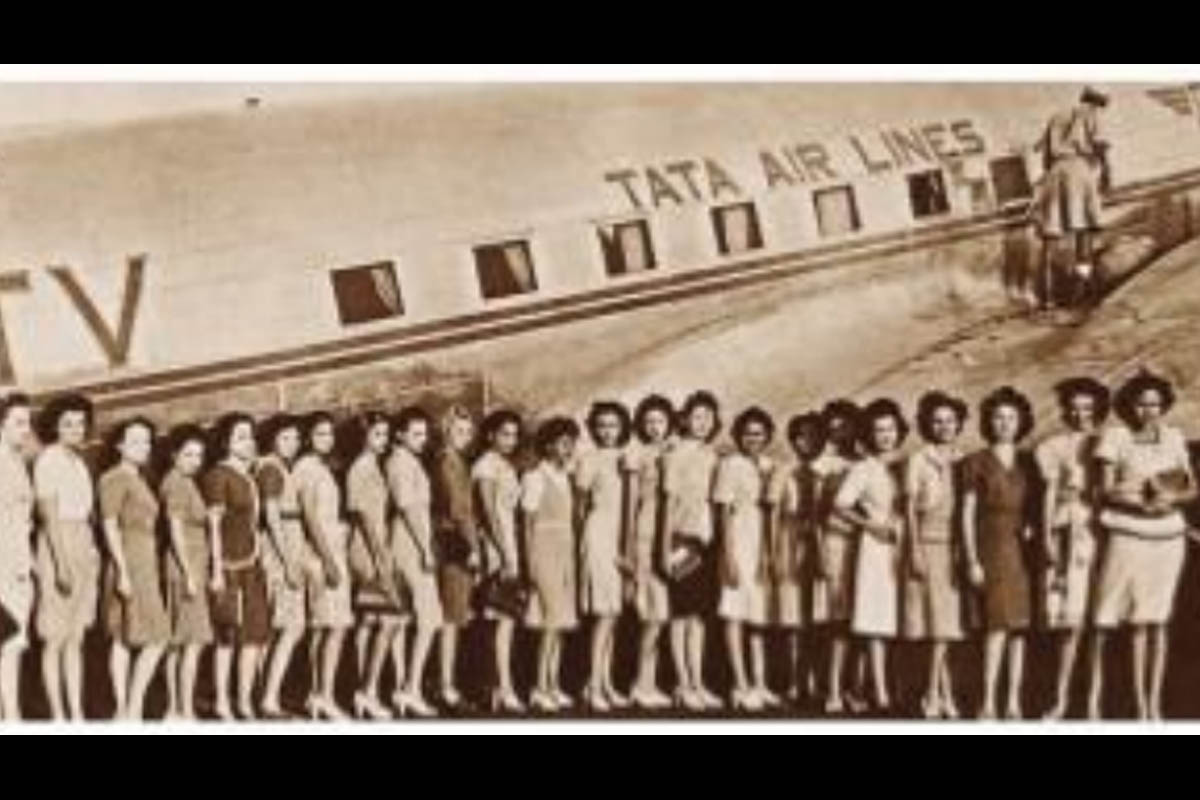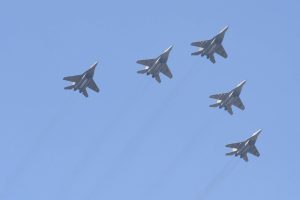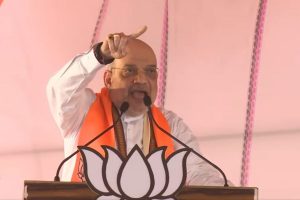In a possible re-run of India’s civil aviation history, the Tata group has reportedly become the only bidder remaining in the fray for Air India, with the Indian government firm about no further extensions beyond the 31 August deadline for selling the national carrier. In 1953, the Government of India had appointed Jehangir Ratanji Dadabhoy (JRD) Tata, the then chairman of Tata Sons, as chairman of Air India and a director of Indian Airlines.
Under JRD Tata’s careful watch, hands-on approach and attention to micro-details, Air India grew to be one of the world’s leading airlines celebrated for innovation and inflight service. JRD Tata was the visionary father of civil aviation in India, having founded Tata Air Services in 1932.
Advertisement
On 15 October 1932, he piloted the first Tata Air Services flight, flying a single-engined De Havilland Puss Moth from Karachi to Mumbai’s Juhu aerodrome – with the Tata Airlines headquarters then being a mere thatched hut.
Tata’s Airlines became Air India with its headquarters, until shifting to New Delhi in 2013, as the 23-storey landmark Air India Building in Mumbai’s Nariman Point. Air India could potentially return to the Tata Group after the Indian government resolved on a 100 per cent privatization of the national carrier, giving up the earlier idea of retaining 24 per cent governmental stake.
A non-Congress Prime Minister, Morarji Desai, controversially removed JRD Tata from his successful 24-year tenure as Air India chairman in 1977, and 43 years later another non-Congress Prime Minister, Narendra Modi, may well preside over Air India returning to the Tata Group under whom it enjoyed its best years.
In another twist of history, Singapore Airlines has decided to back out of its joint bid for Air India with the Tata Group according to news reports quoting unnamed sources.
Air India served as inspiration and working model for Singapore Airlines when the latter independently started operations in October 1972. The Tata Group has frequently been linked with the privatization of Air India.
The Tata Group already owns significant stakes in India’s aviation market through joint ventures in the five-year-old full-service airlines Vistara (with Singapore Airlines) and budget carrier AirAsia India (with AirAsia).
Unconfirmed news reports also claimed Tata holding company Tata Sons being in talks to buy out the remaining 49 per cent of AirAsia India’s stakes from its Malaysian partner AirAsia, fully upgrading its current 51 per cent holding. As India’s most reputed and wealthiest conglomerate with annual revenue of US$113 billion, Tata Group stands in a better position to deal with Air India’s problems, including a total debt estimated at around Rs 60,000 crores ($8.3 billion).
With a successful Air India bid, Tata Sons could consolidate their civil aviation stakes in India to 25 per cent of the market share, with a combined fleet of 220 aircraft and an increased network of 100 overseas destinations.
















